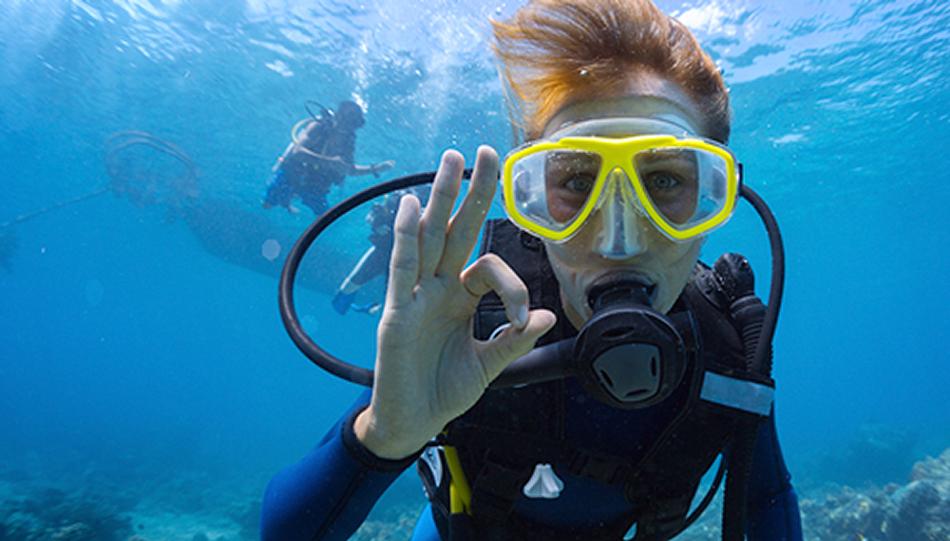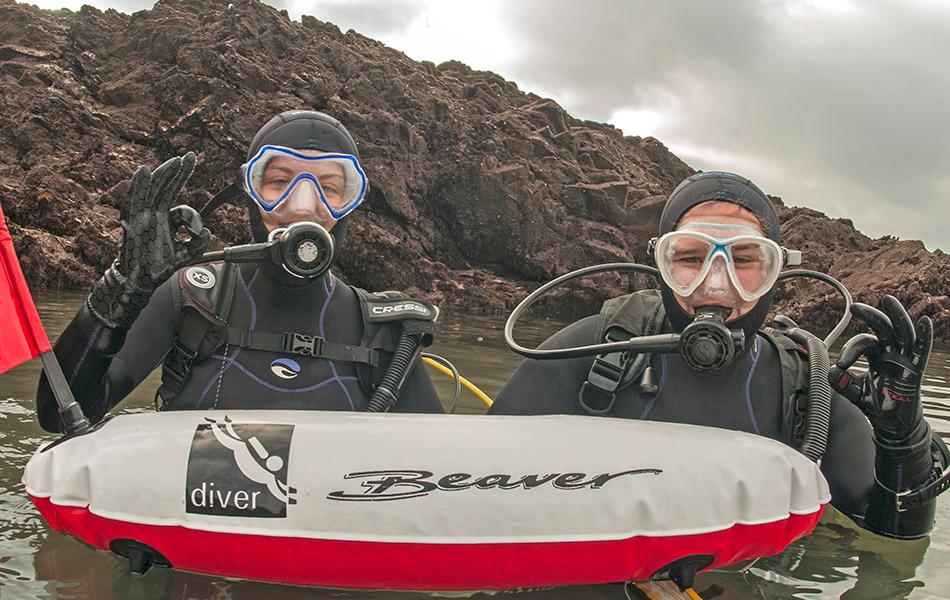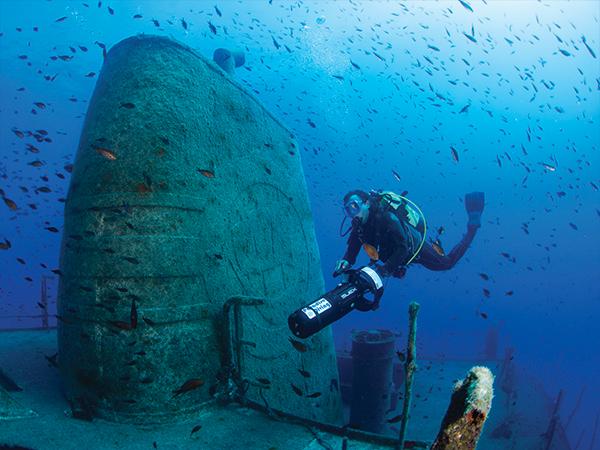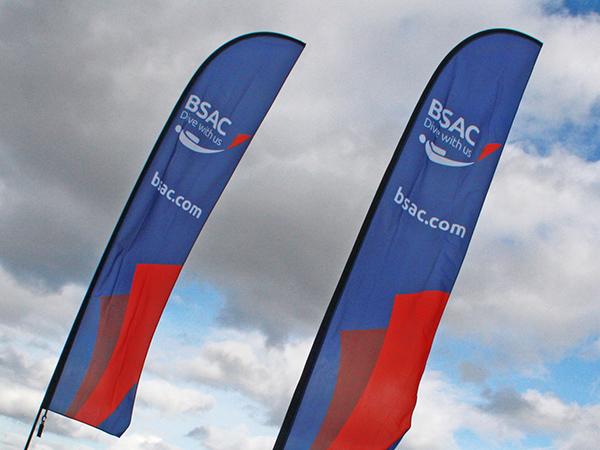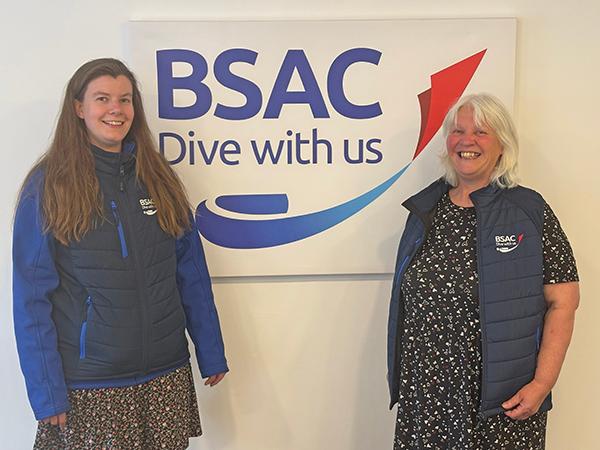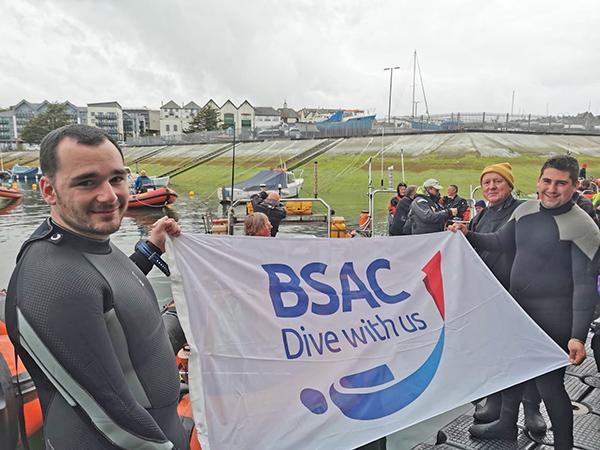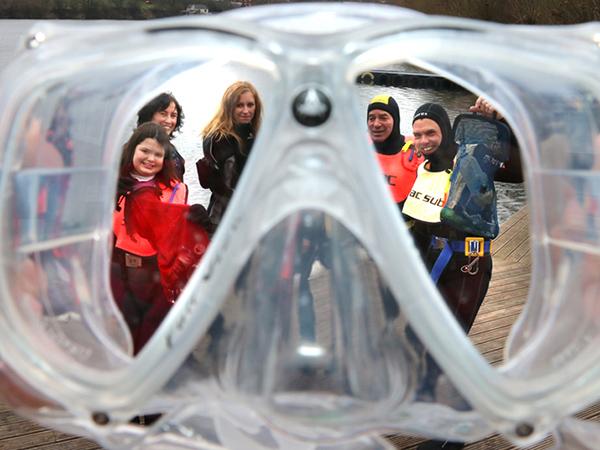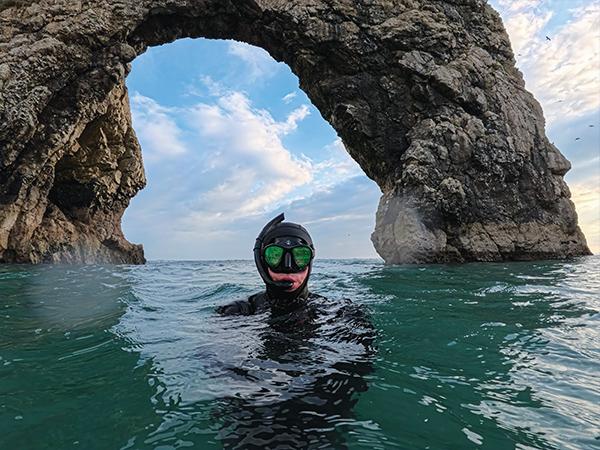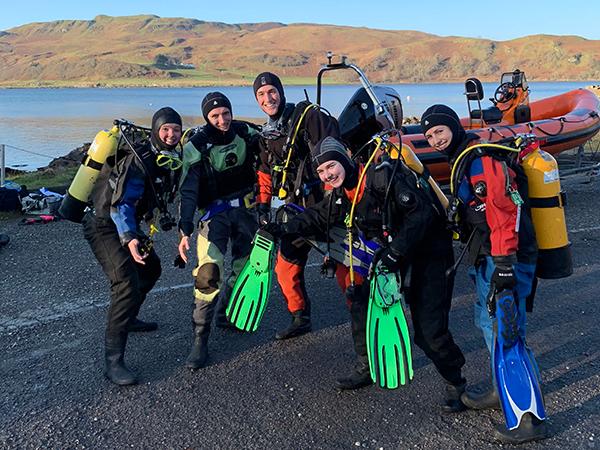Sharks are among the world's most threatened animals. Overfishing, pollution and habitat destruction are the very real challenges our shark populations face today, and that includes those in UK waters.
Once common around the British Isles, the Angelshark, Common Skate complex and White Skate, are all now listed as Critically Endangered on the IUCN Red List of Threatened Species and are now rarely encountered. In 2008, the Shark Trust helped secure domestic protection for the Angelshark in UK waters and it’s now one of the most heavily protected sharks in the Northeast Atlantic. But there is still a lot of work to do.
According to the Shark Trust, 30% of EU and 50% of the UK’s sharks are listed as threatened with some reported to have declined by 99%.
Why are sharks important in our seas?
Sharks are fascinating and diverse animals. A world without sharks would have serious consequences for marine and freshwater ecosystems as well as for the many human communities and economies that depend on them. Diverse shark populations are important for:
- the health of our oceans - sharks play a vital role in keeping our ocean's healthy. They do this by keeping other populations in check. As well as preying on the sick and old which prevents the spread of disease and improves the gene pool.
- making us happy - many scuba divers say they have had magical experiences with sharks. Research shows that experiencing nature improves our well-being, and sharks are an integral part of our natural world. We want future generations to be able to enjoy sharks and healthy oceans that teem with life. Ready to learn to scuba dive and experience this for yourself? Discover learning to scuba dive.
- supporting the economy - ecotourism is a growing industry. Research shows that sharks are worth a lot more alive than dead. A single live reef shark could generate £50 a day - more than £140,000 in its lifetime.
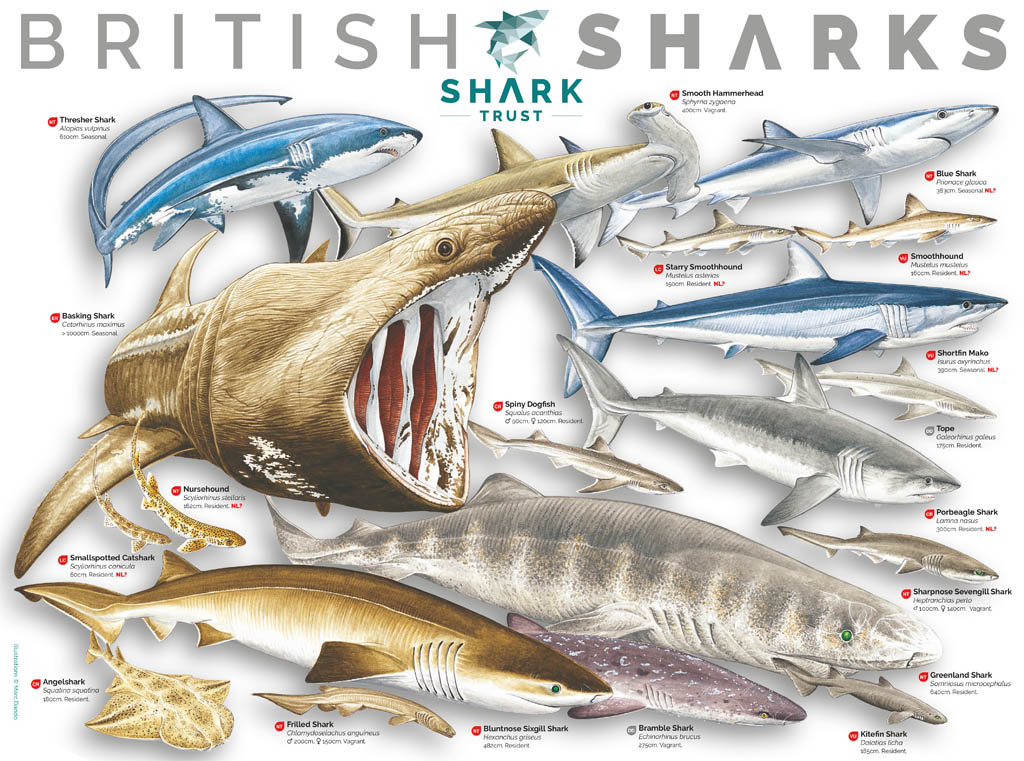
Did you know…
At least 21 species of sharks live in British waters all year round, although you’re very unlikely to encounter one on a trip to the beach! Click to download 'Identify British Sharks' leaflet from the Shark Trust.
However, you may find evidence of Smallspotted Catsharks or Nursehounds in the form of eggcases (also known as mermaid’s purses) when scuba diving, snorkelling or walking along the shore. These small coastal catsharks reproduce by laying eggcases and, once the shark pups hatch from these, the empty cases often get washed ashore. Data collected from eggcase findings can help to protect and conserve the UK’s shark populations.
If you find eggcases either on the shore (you might be on a BSAC Beachcomber day), or when you're at sea diving or snorkelling, please report your findings to the Shark Trust to help with their Great Eggcase Hunt. If you need help identifying sharks and eggcases download these useful guides from the Shark Trust:
- Identify British Sharks
- Eggcases found in North West Europe
- Use the Shark Trust online recording tool to report your findings.
About the Shark Trust
The Shark Trust is the UK charity that works globally to safeguard the future of sharks through positive change. They achieve this through science, education, influence and action.
Worldwide there are over 500 species of shark, 600 skates and rays and 50 chimaera. Without sharks, marine eco-systems face an uncertain future, which is why safeguarding the future of these species is vital.
More information on the work of the Shark Trust.
I’m interested in learning to dive. Help me start my scuba diving lessons…
Send your postcode to hello@bsac.com and we'll help you find the right scuba club for you to train with. Or if you fancy a chat call us 0151 350 6226 (Mon - Fri, 9am - 5:30pm).

